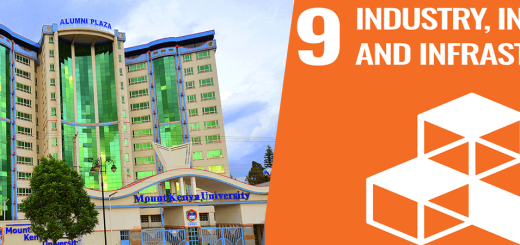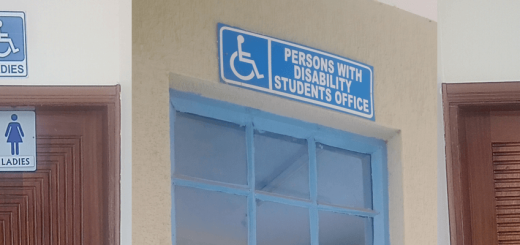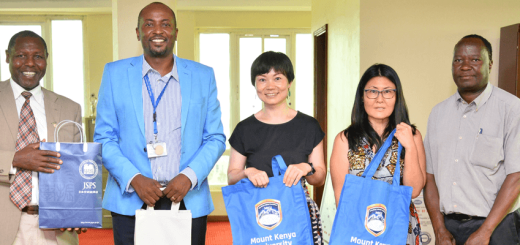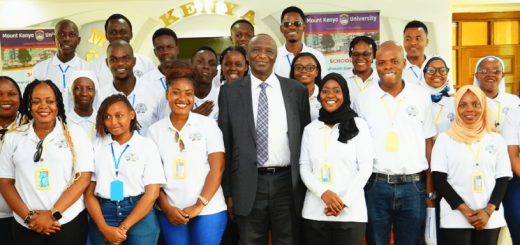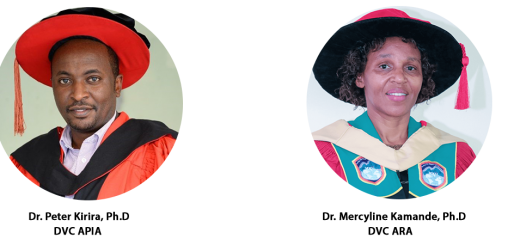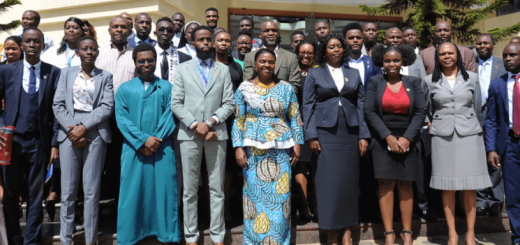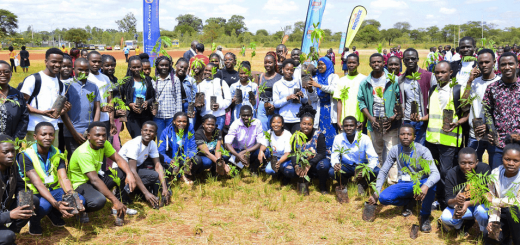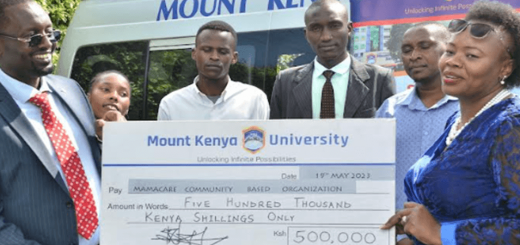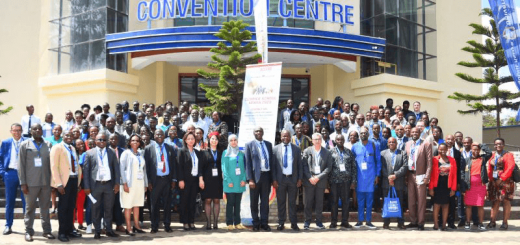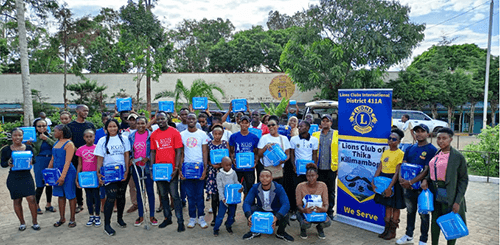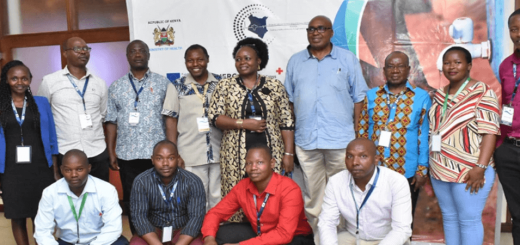MKU remains focused on Research to benefit community
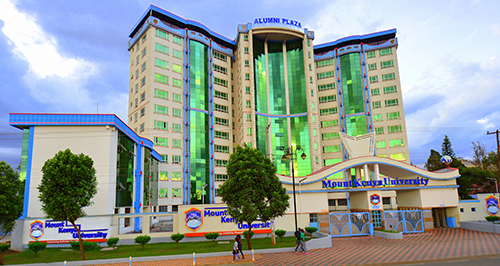 Research at Mount Kenya University (MKU) is bearing fruit, with communities reaping from its innovations in health and agriculture. This success is unlocking research funding from various quarters – both local and international.
Research at Mount Kenya University (MKU) is bearing fruit, with communities reaping from its innovations in health and agriculture. This success is unlocking research funding from various quarters – both local and international.
Research enhances Neonatal care
In Bungoma County, research by MKU scientists and their partners is improving the chances of newborn babies surviving beyond the first few weeks of life.
The scientists developed a telemedicine application that assures the newborns of quality healthcare.
The mobile phone-based application has features that virtually link clinicians in the remotest areas of Bungoma County to a pool of specialised consultants. The success anticipated from this innovation may yet prove to be the game-changer in the health landscape. Patients will not need to travel from upcountry to see specialists in the capital or in major towns.
The resource-poor and most vulnerable members of society would not need to exhaust their meagre resources in travel and consultation costs. All it would require is a nurse at the local health facility to examine the patient, key in crucial parameters and press the submit button to the specialists who would be available online. At the touch of a button or iPad screen, the specialist would relay life-saving diagnoses and prescriptions. A dream that would previously be unthinkable of neonates receiving care from top medics would have become a reality.
MKU researchers who conceptualised this novel idea suggest that the economics around this innovation tell an even bigger story. The entire county of Bungoma has only one paediatrician. This unfortunate reality is replicated in all the other counties.
This innovation comes hot on the heels of the launch of eight refurbished and equipped Newborn Units in Bungoma County.
MKU’s Dr Jesse Gitaka,Head Pure and Applied Science Research, himself a newborn care specialist and the Principal Investigator, opines that this has revolutionised newborn care in Bungoma County, now one of the best equipped counties in the country.
A parallel effort to provide continuous mentorship to the front line providers of newborn care is ongoing. Paediatric trainers from the Kenya Paediatrics Association (KPA) and MKU have partnered with Bungoma County to provide continuous training to child healthcare experts.
Precision Medicine to curb Cancer
MKU scientists and their University of Edinburgh counterparts are working together to develop precision medicine that targets early diagnosis and reduced breast cancer deaths in Kenya.
This project is funded by the pump prime grant from Medical Research Cancer UK. The purpose of the grant is to create a network of collaborations between UK and African scientists to study ways of combating non-communicable diseases in sub-Saharan Africa.
The Kenya team is led by Dr Francis Makokha, Head of the Human Health Research Programme within MKU’s Directorate of Research & Innovation.
The grant builds on the ongoing project “Genomic approaches for understanding breast cancer progression in Kenyan patients” funded by the National Research Fund (NRF).
Other Kenyan collaborating institutions are Aga Khan University Hospital and AIC Kijabe Hospital.
The Edinburgh team is led by Dr Jonine Figueroa, a Chancellor’s fellow at Asher Institute.
The project seeks to profile circulating cell free nucleic acids in cancer patients with the aim of identifying markers that are of tumour origin and can be potentially used to develop non-invasive diagnostics for early detection of cancer and public health screening programmes.
Food security interventions-post harvest pest control
Mr Donatus Njoroge MKU Scientist emerged a winner in the National Innovation Award 2018/2019 a competition organised by the Kenya National Innovation Agency in line with government’s Big Four Agenda. The innovation award under the Agriculture, Food Security and Technologies category attracted Kshs. 800,000.00 to be channeled through the University.
The innovation dubbed ‘Molepse Bio-resources’, a novel bio-pesticide to manage post-harvest losses in grains, also won the East Africa Post-Harvest Technologies 2017 award organized by The United States Agency for International Development (USAID).
Mr Njoroge was also recognised among top 50 innovators in Africa during the Africa innovation summit that took place in Rwanda in 2018. The project was also presented at ‘The Next Einsteins Forum’, an international conference held in Rwanda in the same year.
He has been named as a semi-finalist in the Global Innovation through Science and Technology (Gist Tech-1) by the United States Department of State and the American Association for the Advancement of Science (AAAS). The competition is ongoing this year.



